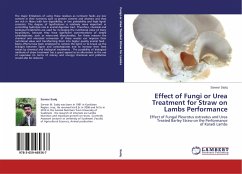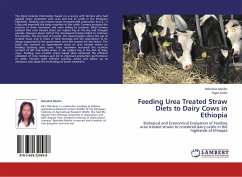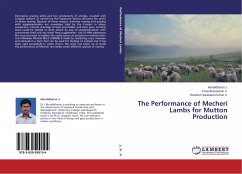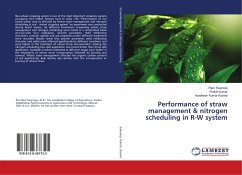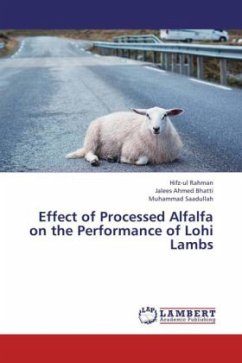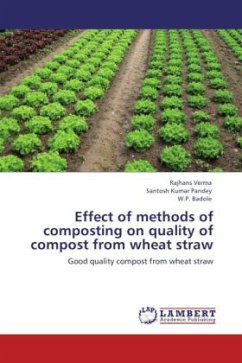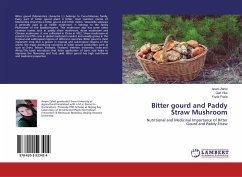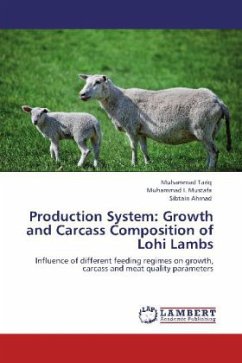The major limitations of using these residues as ruminant feeds are low content in their nutrients such as protein content and vitamins and they are rich in fibers with low digestibility, or law palatability and high lignin contents. The degree of lignifications is relatively more important in controlling hydrolysis rate in animal digestive tract. Therefore, chemical and biological treatments are used for increasing the nutritional value of many by-products, because they have significant concentrations of simple carbohydrates, such as mono-and disaccharides. For these reasons the chemical and microbial conversion of these wastes can improve their nutritional value and transforming them into higher quality animal feed . Many efforts have been employed to remove the lignin or to break up the linkages between lignin and carbohydrates and to increase their feed values by chemical and biological treatments . The possibility of biological methods of straw treatment has a great appeal as an alternative to the use of expensive (in terms of money and energy) chemicals and pollution would also be reduced.
Bitte wählen Sie Ihr Anliegen aus.
Rechnungen
Retourenschein anfordern
Bestellstatus
Storno

